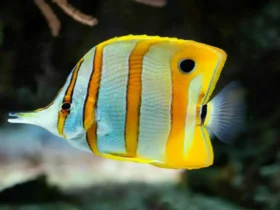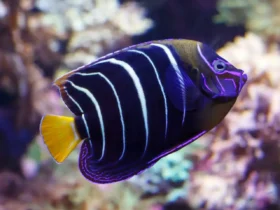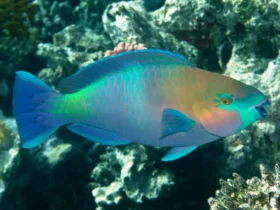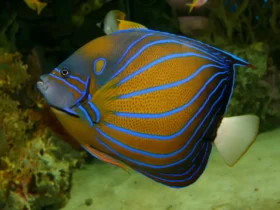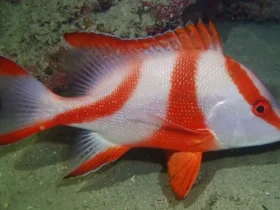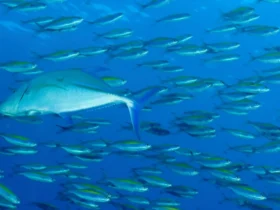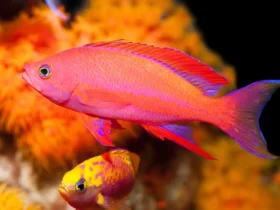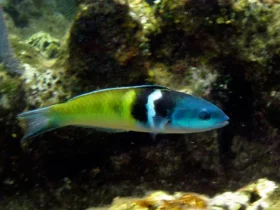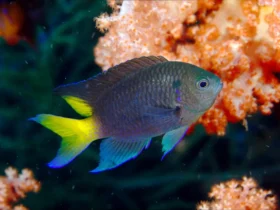Among the fish species with a long lifespan, there are some with extremely short lifespans, such as the dwarf pygmy goby, which only lives for 21 days as an adult. The following article will provide the top 3 fish species with the shortest lifespan on the planet.
The ocean is vast, with some fish species living for half a century, while others only live for less than 60 days. To learn more about these short-lived fish species, let’s follow the article below.
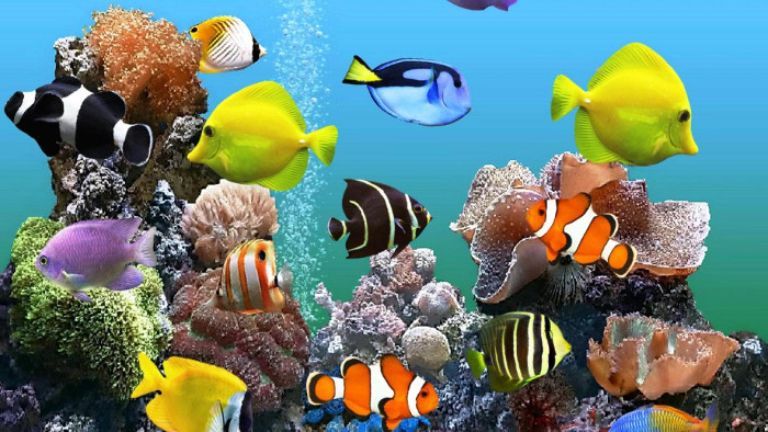
Review of the top three fish species with the shortest lifespan on Earth
Let’s explore the top three fish species with the shortest lifespan on Earth as follows:
1. Dwarf Goby
The dwarf goby has a lifespan of only 59 days after hatching, with the adult stage lasting just 21 days. Female dwarf gobies are able to lay eggs up to 3 times during their short lifespan. Studies have shown that they face a lot of risks from predatory threats, which is why they have such a short life expectancy.

2. Mosquito-eating Fish
Mosquito-eating fish can live for up to 2 years, and as their name suggests, their main food source is mosquito larvae. Particularly, in the wild, they are subject to attacks from other species, so their lifespan is very short. Those kept indoors can live for up to 2 years. They are often kept for their unique appearance and to control mosquito populations in households.
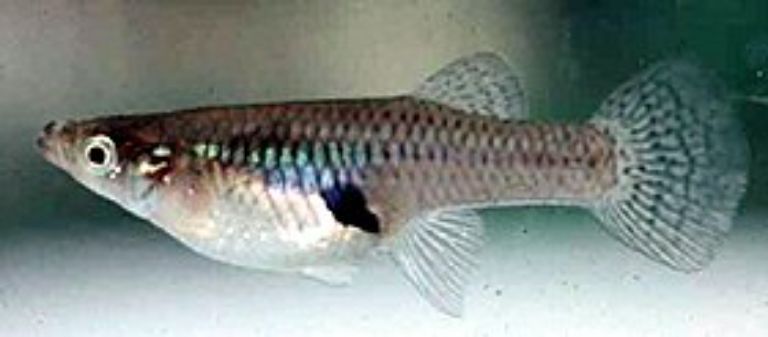
3. Chinook Salmon
Chinook salmon can only live up to 5 years, although this is not a short lifespan for a fish, their migration and egg-laying behavior means that they only live for that amount of time, and they could actually live longer.

So why do these fish species have such a short lifespan?
Why do these fish species only have a short lifespan?
Top three fish species mentioned above having a lifespan of only 59 days to 5 years may seem like a lot, as there are many factors that affect their lifespan. Harsh living environments or heavily polluted water sources can greatly reduce their lifespan. Their lifespan is focused on breeding and reproduction, after which they die or become food for other species, animals.
Moreover, the problem of overfishing and indiscriminate harvesting of fish and seafood by humans is still not under control, which puts not only the three fish species mentioned above but also fish populations worldwide at risk of being threatened by human activities and harsh natural conditions. This situation leads to the narrowing of their habitats and the decline of rare fish species that are not protected or preserved.
Furthermore, due to the physiological characteristics and cellular structure of these fish species, they are not able to live longer, and this is something that science cannot overcome in order to help them live longer. Even if it could be overcome, there are many negative effects that would impact their other functions. Because their bodies can only live and exist for such a short time, even if they are not hunted as food, they will eventually die in their own living environment.

So is there any way to improve the lifespan of these fish?
How to increase the lifespan of fish?
Increasing the lifespan of these fish first requires the intervention of the government, as the issue of overfishing has not been strongly condemned, so it cannot be completely resolved. Instead, we need to be conscious in our hunting practices. As for the natural world, where larger fish eat smaller fish and they rely on each other to survive, it is very difficult to control. We can only collect and study information in a practical manner. We can only collect and study information realistically.
There is almost no way to optimize for increasing lifespan or helping all species live longer, because the laws of nature show that they survive based on instinct, and some species are born to die or become food for others. Therefore, we have no means to intervene in everything.
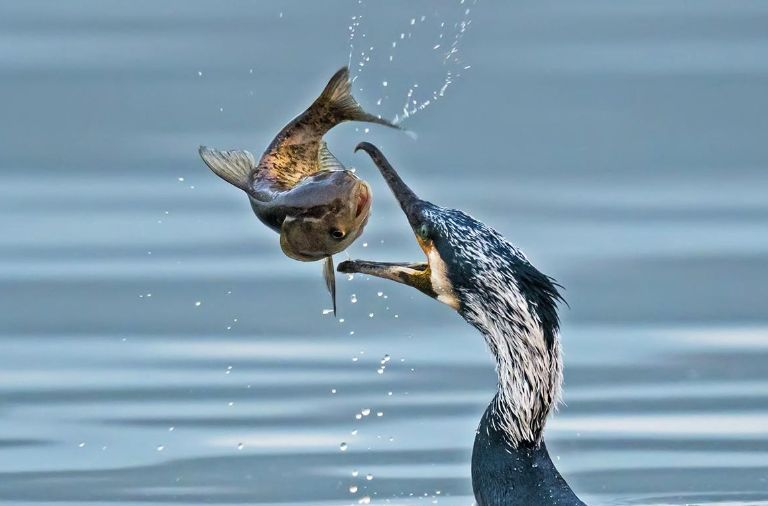
Above are the top three fish species with short lifespans, and the information we provided is for reference only as the ocean is vast and there are still many things to discover. We hope you have had a relaxing time stopping by this article.
